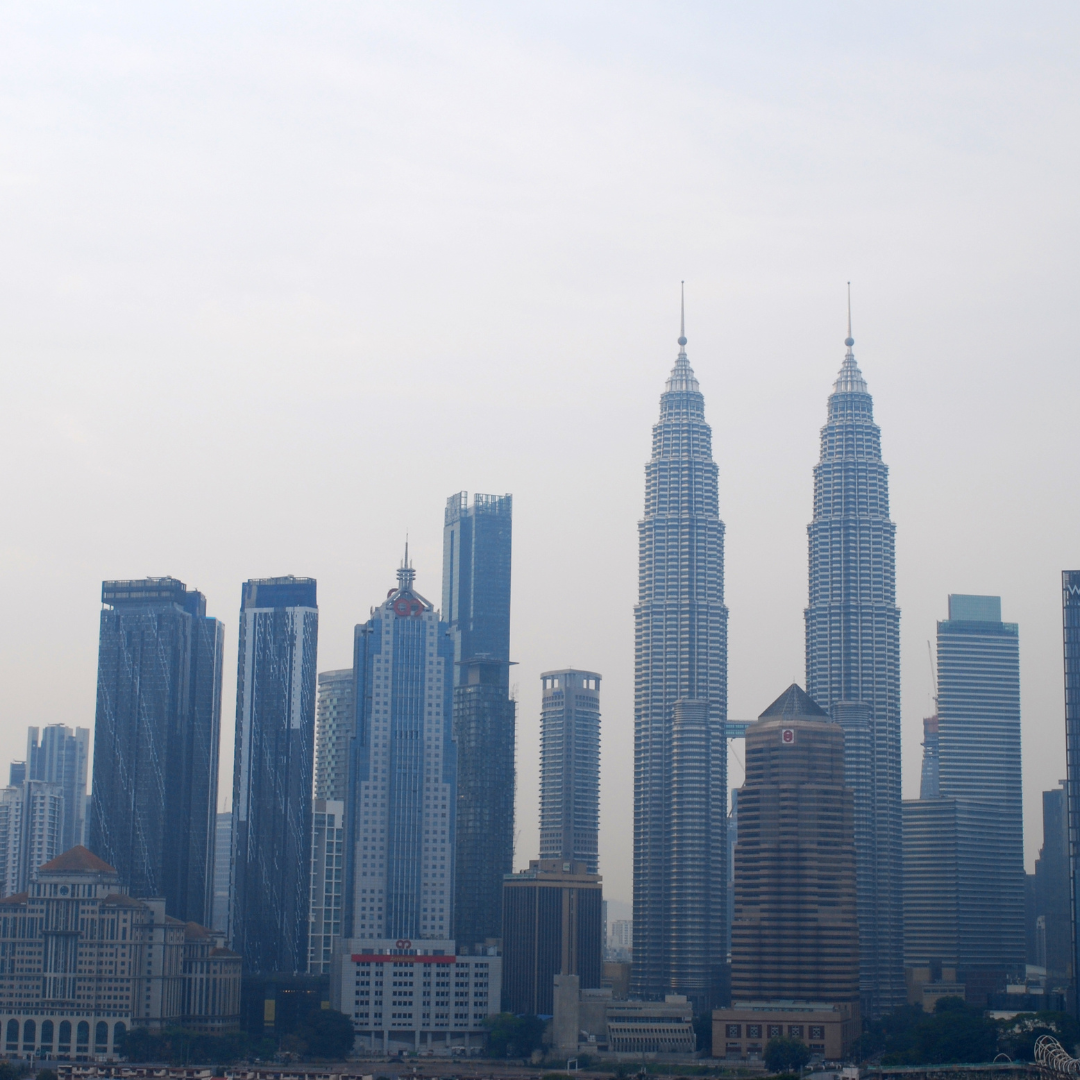
This year’s haze started off as the usual stuffiness that we’ve experienced during a dry spell but in just a couple of days, there we were, in the thick of it! The annual discomfort, and even health concerns, arising from this level of air pollution was once again at our door-step.
Why does this happen?
“Anywhere the wind blows, doesn’t really matter to me” – a line from Queen’s popular 1975 ballad, Bohemian Rhapsody, seems to also be the approach with the winds picking up smoke from open burning, right up till 2025!
The South-Western monsoon season, from around May to September, play a pivotal part in this. A combination of the season’s dry spell and monsoon winds lead to the perfect environments for natural fires and the resulting smoke, to be carried across the region.
For the most part, the haze experienced locally can be traced to originate from smoke arising due to large scale forest fires and peatland fires in Indonesia during this period. In this aspect, human involvement in open burning activities is usually the common suspect. The blame game usually falls on plantations or other land-owners in Indonesia for illegally setting fires to clear agricultural lands due to ‘slash and burn’ practices, allegedly done in Indonesian plantations [1]. Interestingly some of these land-owners in Indonesia are Malaysian companies operating there.
This time, open burning hotspots were also traced back to local sources [2]. Though the findings are not conclusive, this too could have worsened the haze this year, given the intense dry spell we experienced recently. In fact, it was reported in 2023 that incident of haze in Malaysia were primarily caused by local open burning hotspots [3]!
What do we do?
The haze is not a mere inconvenience that comes and goes. Instead, it is severe air pollution that poses real risks to our health and well-being.
In addressing this concern, ASEAN member nations entered into the ‘ASEAN Agreement on Transboundary Haze Pollution’ [4] in 2002 which formally recognised haze as a transboundary issue and encouraged regional cooperation towards a resolution. Since then, due to the persistent incidence of transboundary haze, Singapore enacted the Transboundary Haze Pollution Act [5] in 2014 which allows extra-territorial jurisdiction to pursue entities linked to Singapore, which are found contributing to the open burning hotspots outside of the country, causing Singapore to be affected by transboundary haze.
Whereas in Malaysia, we have yet to enact transboundary haze legislations even though we had come close to doing so in recent times [6]. This effectively means that Malaysia does not have the legal tools to reach into Indonesia to punish Malaysian entities that are responsible for the pollution. So, what can we do about the haze now?
For starters, though the transboundary haze remains a regional issue, we could control the extent of local open burning hotspots.
In the Environmental Quality Act 1974 (“Act”) [7], open burning is a prohibited act and if found committing open burning, a fine not exceeding RM500,000.00 or imprisonment for not exceeding 5 years or both, can be imposed. Further to that, specific orders are put in place under the Act to address and curb open burning locally – i.e., the Environmental Quality (Delegation of Powers) (Investigation of Open Burning) Order 2000, Environmental Quality (Delegation of Powers) (Perbadanan Putrajaya) Order 2002 and the Environmental Quality (Declared Activities) (Open Burning) Order 2003, which authorize various government bodies to conduct investigations into open burning activities.
So, while Malaysia cannot do much about open burning occurring in Indonesia, it certainly can enforce the law against local open burning, which may go some length in improving the quality of air we breathe.
At an individual capacity? Let’s just keep away from open burning and report incidences of open burning within our communities.
[1] https://www.timesunion.com/news/world/article/forest-fire-haze-from-indonesia-detected-in-20777328.php
[2] https://www.scoop.my/news/264737/dont-add-fuel-to-the-haze-public-urged-to-stop-open-burning-as-air-quality-dips/ &
https://www.bernama.com/en/news.php?id=2428431 &
https://www.bernama.com/en/region/news.php?id=2453374
[3] https://www.freemalaysiatoday.com/category/nation/2023/05/07/open-burning-the-main-cause-of-local-haze-says-doe
[4] https://www.csis.org/blogs/new-perspectives-asia/extinguishing-point-contention-examining-transboundary-haze-southeast
[5] Ibid
[6] https://www.malaysianbar.org.my/article/news/press-statements/press-statements/press-release-the-malaysian-government-should-continue-to-table-the-transboundary-haze-pollution-act &
https://www.bernama.com/en/news.php?id=2360095
[7] https://www.doe.gov.my/en/open-burning/
About the Author
Nivetha Sri Shanker is an Associate of XK Law. She graduated from University of London. Aside from legal practise, she also enjoys good coffee and poetry.
Disclaimer: This post is not intended as a solicitation, is not legal advice, and is not a substitute for obtaining legal advice. You should not act upon any such information without first seeking qualified professional counsel on your specific matter.









